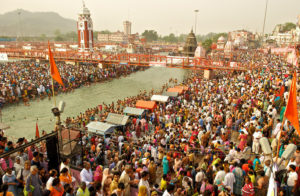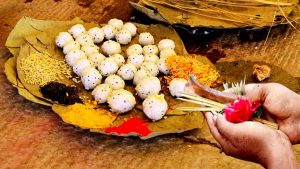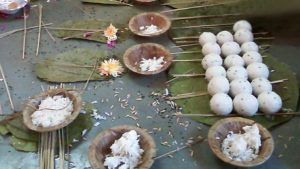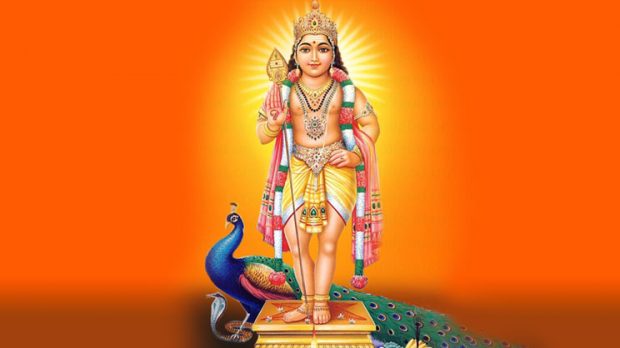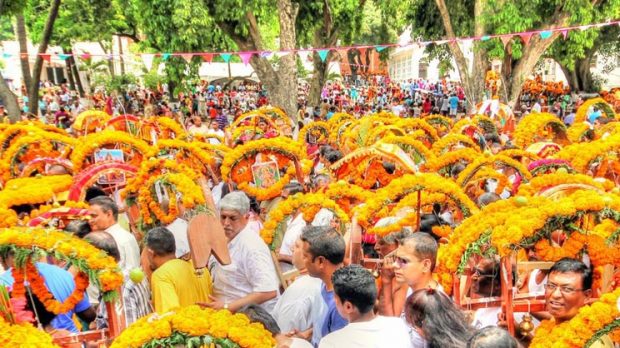Thaipusam – The Birthday of Lord Muruga
Thaipusam 10-Feb-2017
Thaipusam or Thaipoosam is a rather significant festival for Hindus. It is primarily celebrated by the Tamil community, on the day of the full moon that falls in the Tamil month of Thai (January-February). It is observed in the Tamil Diaspora across a variety of countries including India, Sri Lanka, Malaysia, Singapore and others. Thaipusam is a combination of the name of the month, Thai, and the star, Pusam. This star is at its highest point during the festival. The festival is a celebration of the time when Parvati gave Murugan a Vel, so that, he could destroy the evil demon Soorapadman. It is believed that Thaipusam is the day of Murugan’s birthday.
Origin
Thaipoosam was supposed to have originated during one of the battles between the Asuras (or to be more specific Soorapadman) and the Devas. The latter were defeated several times by the former. The Devas were unable to resist the onslaught of the Asura forces. In despair, they approached Shiva and entreated to give them an able leader under whose heroic leadership they might obtain victory over the Asuras. They surrendered themselves completely and prayed to Shiva. Shiva granted their request by creating the mighty warrior, Skanda, out of his own power or Achintya Shakti. He at once assumed leadership of the celestial forces, inspired them and defeated the Asura forces and to recognise that day the people created the festival, Thaipusam. According to the narrative of the Skanda Puranam and the Thirupugal, they adhere to Shaivam principles. Murugan is the embodiment of Shiva’s light and wisdom and devotees pray to him to overcome the obstacles they face, as He is the divine vanquisher of evil.
The Kavadi Attam is a ceremonial sacrifice and offering performed by devotees during the worship of Murugan, the Hindu God of War. It is often performed during the festival of Thaipusam and emphasizes debt bondage. Devotees prepare for the celebration by cleansing themselves through prayer and fasting approximately 48 days before Thaipusam. Kavadi-bearers have to perform elaborate ceremonies at the time of assuming the kavadi and at the time of offering it to Murugan. The kavadi-bearer observes celibacy and consumes only pure, Satvik food, once a day, while continuously thinking of God. On the day of the festival, devotees will shave their heads and undertake a pilgrimage along a set route while engaging in various acts of devotion, notably carrying various types of kavadi (burdens). At its simplest, this may entail carrying a pot of milk, but mortification of the flesh by piercing the skin, tongue or cheeks with vel skewers is also common. The simplest kavadi is a semicircular decorated canopy supported by a wooden rod that is carried on the shoulders, to the temple. In addition, some have a small spear through their tongue, or a spear through the cheeks.”
Traditions
Outside India, Thaipusam celebrations take place in USA, Mauritius, Malaysia and Singapore. It is a public holiday in several states in Malaysia. In Malaysia, the temple at Batu Caves, near Kuala Lumpur & Arulmigu Balathandayuthapani Temple, Penang near George Town, Penang & Nattukkottai Chettiar Temple, Penang , often attracts over one million devotees and tens of thousands of tourists. In Singapore, devotees start their procession at the Sri Srinivasa Perumal Temple in the early morning, carrying milk pots as offerings or attaching “kavadis” and spikes pierced on their body. In the USA the Shiva Murugan Temple in Concord, California celebrates the Thaipoosam.
Legends and Significance to follow
Reach us to be a part of our whatsapp spiritual reminder group
